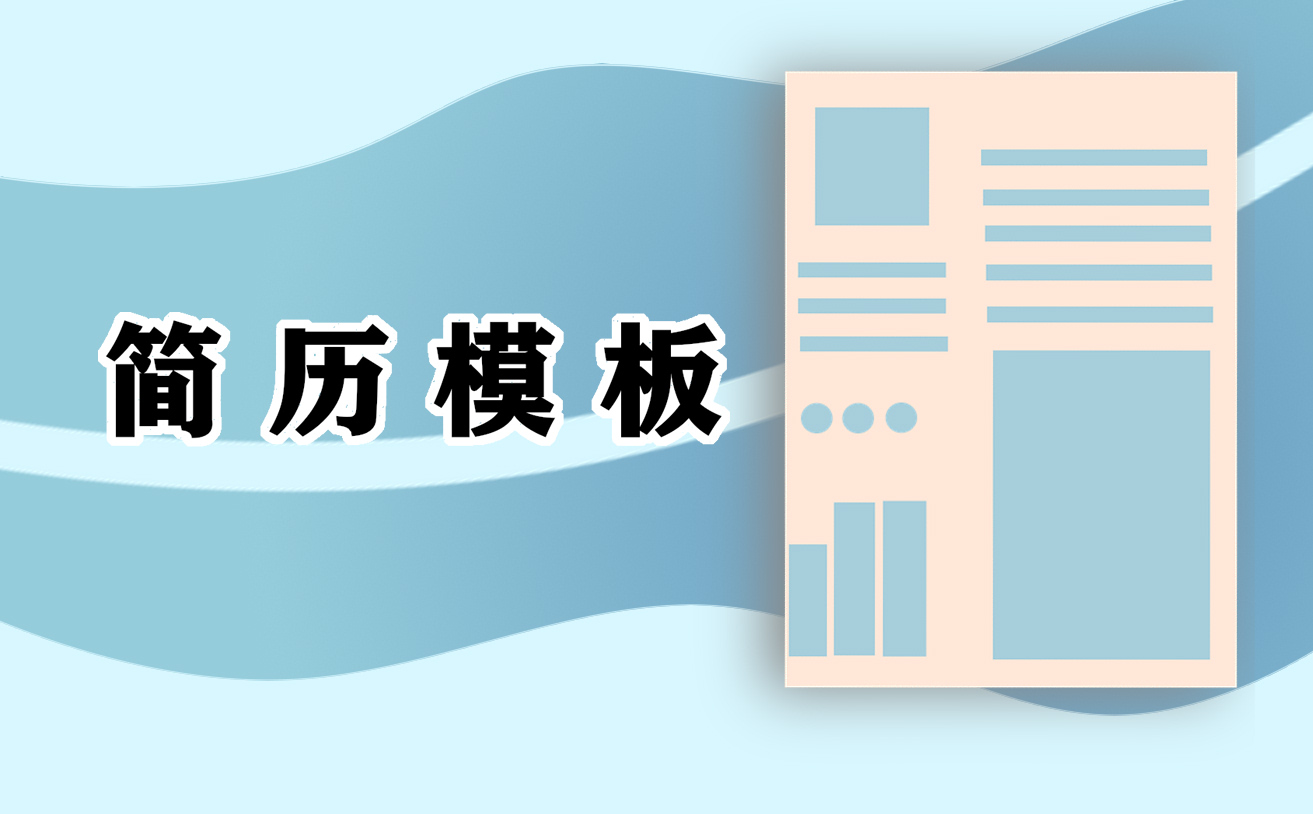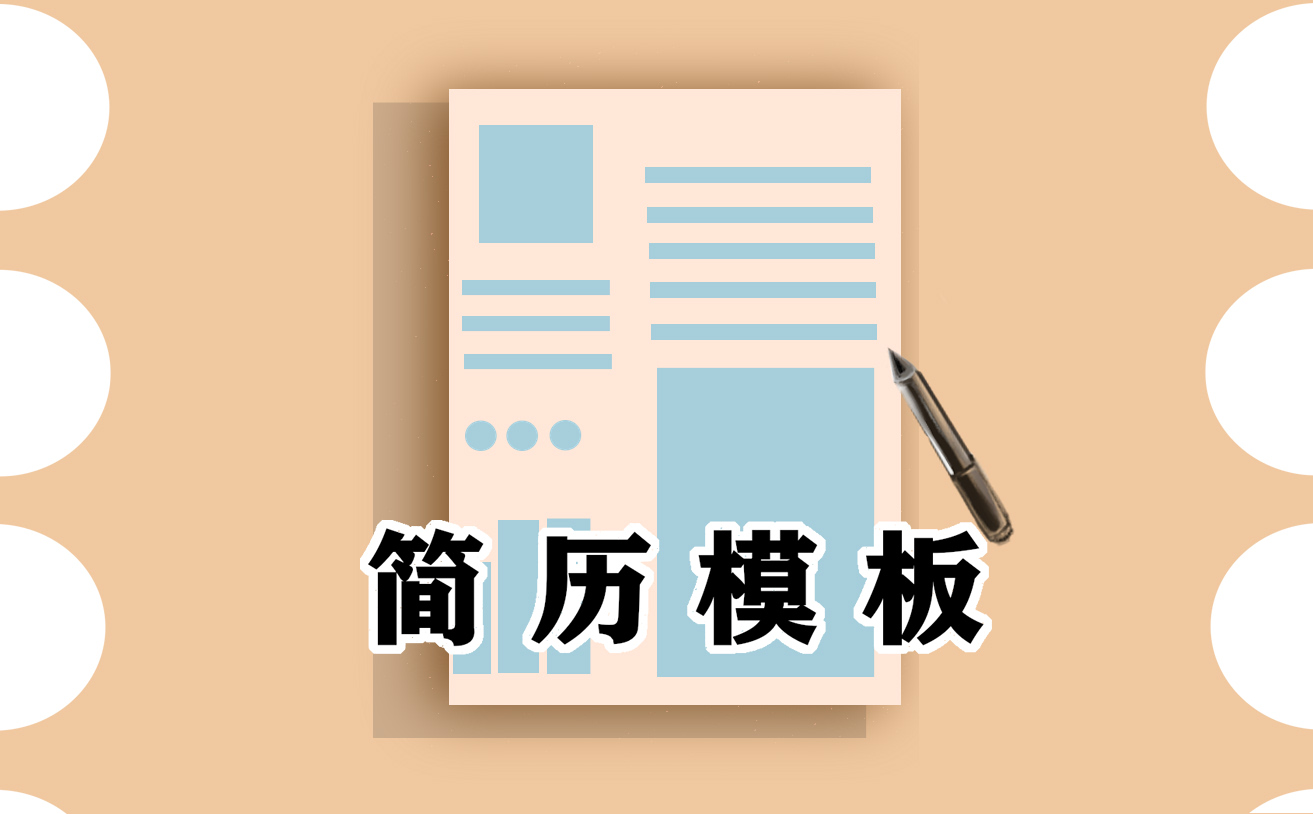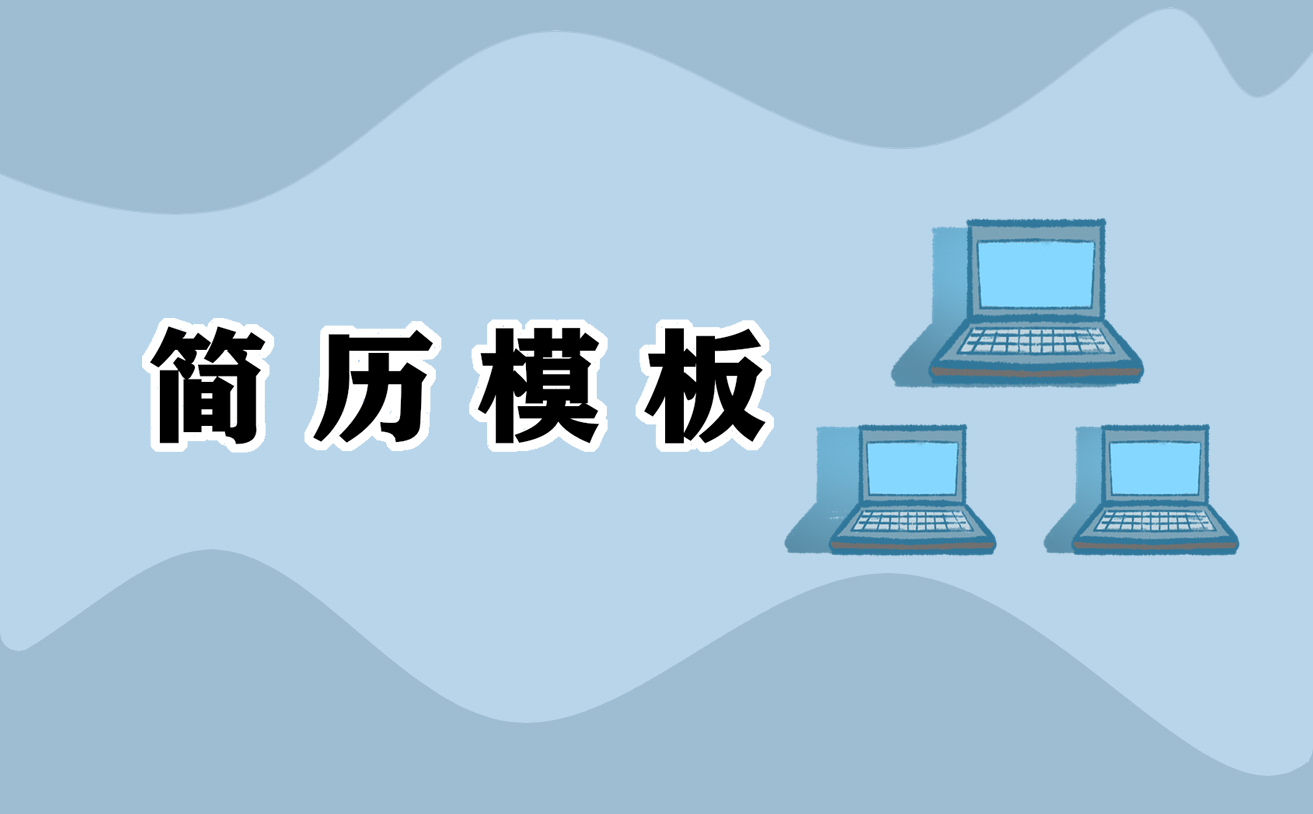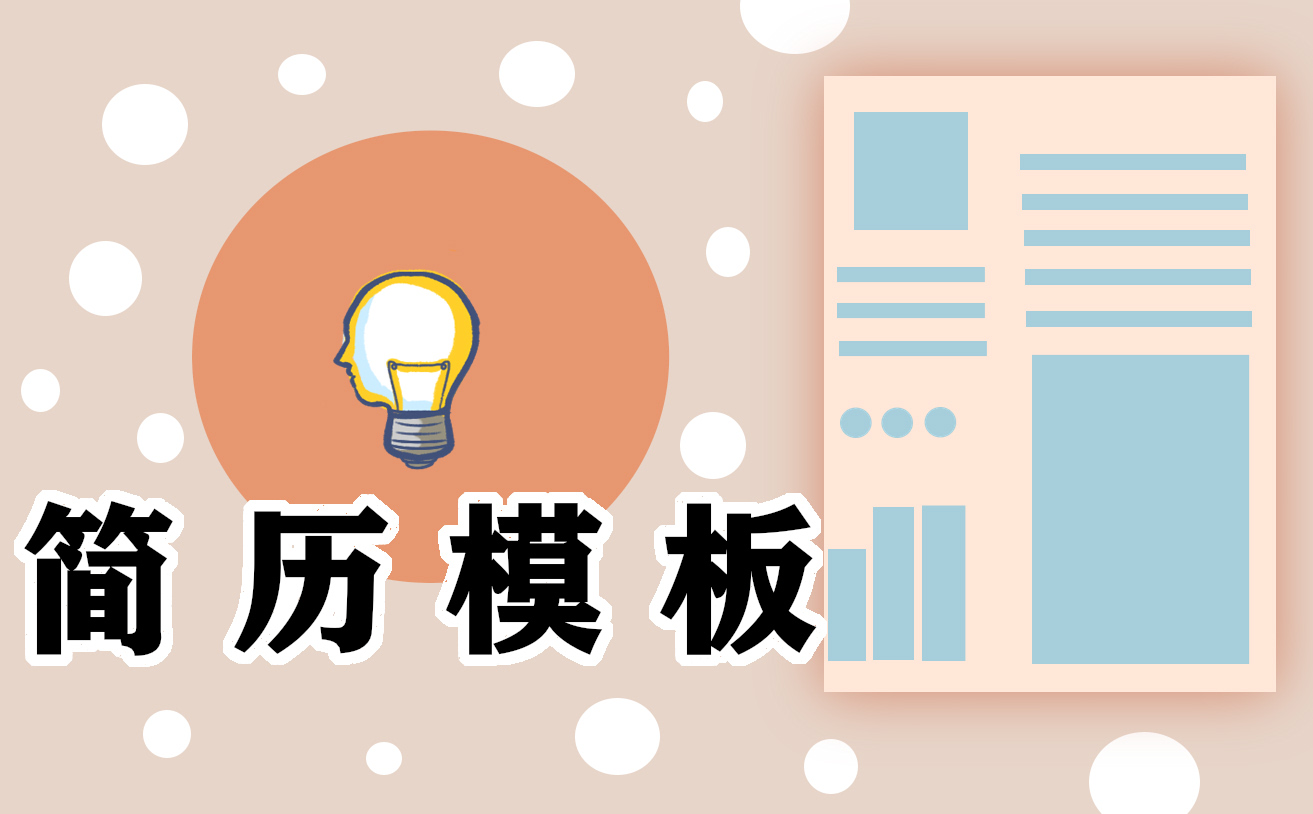诺贝尔英文简介
时间:2021-07-02 03:43:57
阿尔弗雷德·贝恩哈德·诺贝尔,瑞典化学家、工程师、发明家、军工装备制造商和炸药的发明者,下面是小编给大家整理的诺贝尔英文简介,供大家参阅!
阿尔弗雷德·贝恩哈德·诺贝尔简介
Alfred Bainhard Nobel, Swedish chemist, engineer, inventor, manufacturer of military equipment and inventor of explosives, born October 21, 1833 in Stockholm, died on December 10, 1896.
Nobel has 355 patent inventions in his lifetime, and in Europe and the United States and other five continents 20 countries opened about 100 companies and factories, has accumulated huge wealth.
In 1895, the Nobel authorities ordered the majority of their assets (about 9.2 million US dollars) as a fund, the annual interest income is divided into five, the establishment of the Nobel Prize, divided into physics, chemistry, physiology or medicine, Literary prize and peace prize 5 bonus (1969 Swedish bank additional economics award), awarded the world in these areas to make a significant contribution to human beings. To commemorate the contribution of Nobel, artificial elements Nuo (Nobelium) to Nobel named.
阿尔弗雷德·贝恩哈德·诺贝尔人物生平
School stage
In 1841, Nobel entered the local elementary school, which was the only school in his life to receive formal education. Nobel is the lowest attendance due to illness. But in school, he studied hard, so the results often come out on top.
In 1842, the Nobel family moved to St. Petersburg, Russia. 9-year-old Nobel did not understand Russian, the body is not good, can not enter the local school. His father invited a tutor, counseling his brother three learning culture. Teachers often conduct assessment, to his father to report the situation, Nobel progress quickly.
1850 years, 17-year-old Nobel, in the name of engineers to travel across the oceans, to the United States, in the famous Allison engineers in the workshop. After the expiration of the internship, he went to Europe and the United States to study for four years before returning home. In the study, every time he went to work immediately, began to work, in-depth understanding of the situation of industrial development in various countries.
1850, studying chemistry for the United States.
In 1852, back to St. Petersburg.
In 1858, to raise his father's business funds to London.
In 1859, because of his father's business failure with his brother Yemil back to Stockholm.
Research stage
In 1860, began to engage in nitroglycerin explosives research.
In 1863, the Nobel returned to Sweden, with his father and his brother jointly developed explosives, accidental explosion bombardment of the factory, killing his brother, the government banned them to test. He once set the lab on a barge on the lake outside Lake Stockholm. In the fall, Nobel succeeded in inventing nitrifying glycerol detonators; in October, patented nitroglycerin explosives was obtained.
In 1864, due to the explosion of nitroglycerine factory, brother Yemir tragic death, close the Swedish factory, to build factories in Germany; in October, the establishment of nitroglycerine explosives company.
In 1865, the establishment of gunpowder companies in Hamburg, Germany, and in Krupp plant.
In 1866, nitroglycerin explosions continued to occur around the world, so everywhere to banned, nitroglycerine company in trouble, while invented glycerol explosives.
In 1867 May, won the British patent explosives, the new Nobel detonator invented the success.
In 1867, opened in Europe, Nobel, the cause of explosives, and his father at the same time won the Swedish Academy of Sciences Yaster Award.
In 1871, the company founded the explosives company in the UK, working with Paul Biao.
In 1873, settled in Paris.
In 1876, Mrs. Stuart was employed as secretary, and later became keen on the peace movement.
1878, completed the invention of plastic explosives; May, joined the oil industry, the establishment of the Nobel Brothers oil company.
In 1880, won the Swedish King launched the scientific medal, and get the French Grand Medal.
In 1884, he was recommended as a member of the Royal Society of London, the Paris Technical Association, and the Royal Society of Sweden.
In 1887, made a patent for jet guns.
In 1890, by the French persecution, and left for 18 years living in Paris, moved to San Limo, Italy, in the local creation of the Institute. In the next six years, he is constantly committed to a variety of new inventions, involving chemical, mechanical, electrical, medical and other fields.
In 1893, he became an honorary professor at the University of Uruguay, Sweden, teaching philosophy.
November 27, 1895, made a will, the Nobel Prize was born.
On the evening of December 10, 1896, died at the ruins of San Antonio in San Limo, 63 years old.
阿尔弗雷德·贝恩哈德·诺贝尔主要贡献
Scientific research achievements
In October 1863, Nobel won the invention patent for explosives. The inventor called it "Nobel Pilot".
1864, made nitroglycerin explosives invention patent.
In 1865, he repeatedly experimented, repeated study, developed into a solid toughness fuel, and has in Sweden, Britain and the United States made explosives patent.
In 1866, it created a "diatomaceous earth explosives" that could absorb three times more nitroglycerin than its own, and as hard as clay, which became the cornerstone of the Nobel International Industrial Group.
In 1867, the invention of safety detonator detonation device.
In 1888, invented a smokeless explosive for the manufacture of military artillery shells, grenades and ammunition, also known as Nobel blasting explosives.
In 1896, made a patented glass-made press nozzle with a fine hole, the invention also had a considerable impact on the textile industry.
Nobel has made contributions not only in explosives, but also in electrochemistry, optics, biology, physiology and literature. Nobel's lifetime, only in the UK to apply for invention patents have as many as 355. In addition to explosives, Nobel has a theory of the use of nitroglycerin fuse, silent guns, metal hardening, welding, welding, and the stability of the bullet, the use of gas submarine equipment is extremely safe, The actual achievements; he made in the artificial rubber, artificial leather and nitrocellulose-based manufacturing of real paint or dyes, artificial gemstones and other aspects of experimental research have created.
Nobel Prize
Nobel died in 1895 before the will, the majority of its assets of $ 9.2 million as a fund, with its annual interest ($ 200,000 per year) to set up physics awards, chemistry awards, physiology or medicine, literature awards and peace prizes 5 bonuses (1969 Swedish bank additional economics award), reward those who made the greatest contribution in the above-mentioned areas of scholars. Beginning in 1901, the bonus was awarded at 4:30 pm on December 10 of the annual death of Nobel.
诺贝尔英文简介相关
诺贝尔英文简介相关文章:
[个人简历]图文推荐






